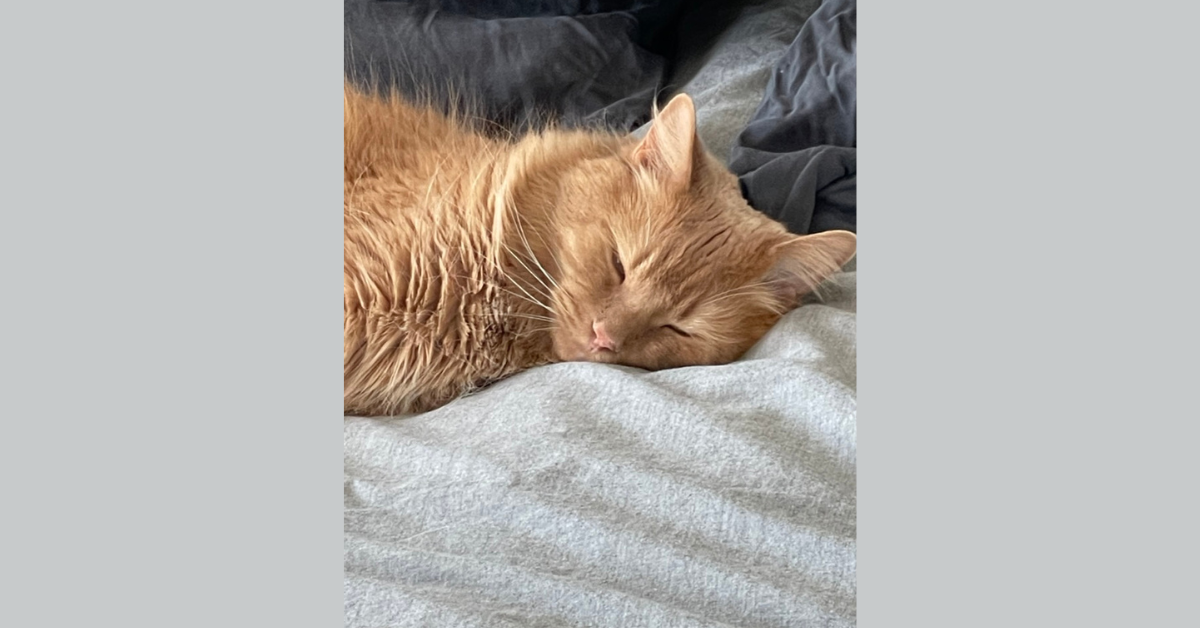I have a check in with clients before we start a session, and as of late, I have added the question “how much sleep have you had in the last 7 days?” Most answers are that they have slept ok, but could use more.
Which got me thinking, what happens when we don’t get enough sleep. Besides the insistent yawning throughout the day….there are a few cognitive challenges that come with not enough sleep.
One of the first things to go when we don’t get enough sleep is the ability to focus our attention. These are called attentional blinks, and it’s where you lose your ability to pay attention for just a fraction of a second.
We just can’t remember simple tasks, and when we do, it takes longer for our brain to reply to something, research shows up to ten times longer when our brain is tired and sluggish. We go into a state of local sleep where part of our brain is awake and part of it is asleep. (It’s called local sleep because the sleep is local to one part of the brain).
When you start to really think about the decisions you make daily, and possibly with not enough sleep, possibly with part of your brain still asleep, it should make you want to go to bed earlier.
According to Charles Czeisler, a research scientist and professor at Harvard Medical School and one of the leading figures in the field of sleep, 40% of Americans are chronically sleep deprived. Which means that they get less than the necessary minimum of sleep. I could not find reputable data for Canada, but I think it’s safe to say that we probably aren’t far behind.
One of the biggest challenges with sleep is that we have been accustomed to chronic sleep-deprivation since puberty. Our parents, our grandparents, all deprived themselves of sleep and medicated themselves through caffeine or other stimulants. It’s like fighting against a current that says it’s normal to be exhausted all of the time.
I think everyone knows the story of author and CEO Arainna Huffington who actually fell asleep at her desk, broke a cheekbone and woke up in a pool of her own blood. Because she was sleep deprived. I’m pretty sure that we are all very familiar with hustle culture, sleeping under the desk, the 5am club. No one talks about the 10 hours of consistent sleep club, and I’ll tell you why.
As a society, we think sleep is a passive process. As in, you’re not engaging with the world, so it seems like a waste of time. I’m here to tell you differently.
Sleep is an incredibly active process. All sorts of things take place in your brain and body, and these things are necessary for you to be able to function and focus.
I could not tell it better than Charles. “During slow wave sleep, your cerebral spinal fluid channels open up more and remove metabolic waste from your brain. Every night when you sleep, your brain is rinsed with a watery fluid. This cerebrospinal fluid washes through your brain, flushing out toxic proteins and carrying them down to your liver to get rid of them. That can explain why, when you are tired, you get a hung-over sort of feeling — you are literally clogged up with toxins.”
If you haven’t got enough sleep, your brain remains clogged and actually becomes more clogged. It stacks and you are less able to concentrate.
It’s important to remember that while you sleep, you repair.
Now, lets talk about energy. I have spoken about time vs energy many times, and sleep is one way to replenish our energy. The brain has limited energy at it’s disposal. According to Maiken Nedergaard from the University of Rochester, “the brain must choose between 2 functional states —- awake and aware, or asleep and cleaning up. Think of it like a house party, you can either entertain guests or clean up the house. But not both at the same time.”
During sleep your energy levels are replenished and restored. The prefrontal cortex (which regulates our thoughts, actions and emotions) is particularly sensitive to sleep loss. So, with even 1 night of sleep loss, that area of the brain just can’t think clearly.
I’ll leave you with one last very interesting statistic, if you stay awake for 18 hours it’s equivalent to if you have 0.05% blood alcohol. If you stay up 3 more hours, you will be legally drunk. I know what you’re thinking, that’s not me. I don’t stay up all night.
Now here’s the interesting part, sleep stacks. Or should I say loss of sleep stacks. And so if you miss a couple of hours of sleep each night, day after day, week after week, this adds up. After a few weeks, you are at the level of performance and impairment as you would be if you stayed up all night.
Sleep is an overlooked superpower. And it’s one that we are in complete control of.
It doesn’t cost us money to sleep more, and it is beneficial in so many ways to get enough (or even more than enough) sleep. And yet – it’s overlooked. This is 1 of 3 blogs where I am going to explore sleep.
Please sign up on my main blog page if you want to join my email list and get some more sleep statistics right to your inbox.

